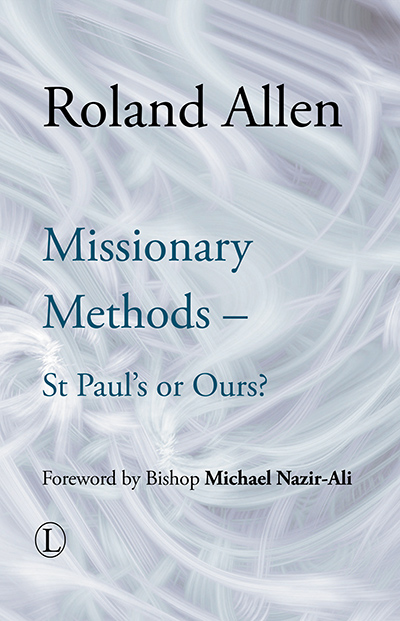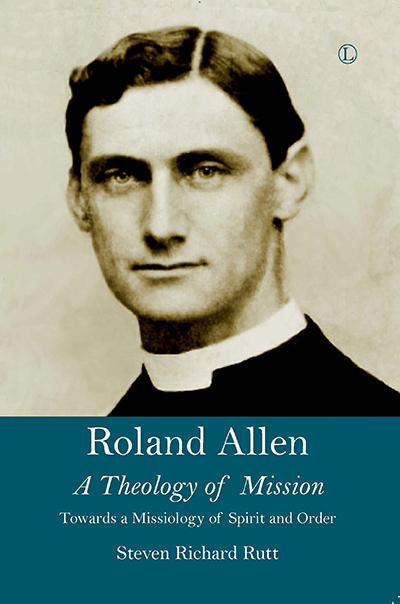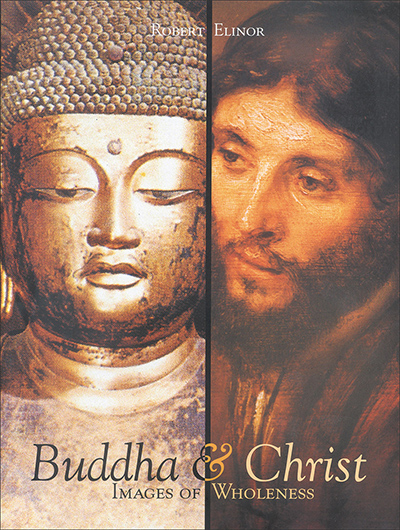Description
Within a decade, St Paul established the Church in the four provinces of Galatia, Macedonia, Achaia and Asia. This informative study focuses on the social background to the Apostle’s missionary journeys with comparisons between his methods and those of the modern day.
The book divides into five parts; the first examines the social and religious world which the Apostle inhabited in AD 50; the second addresses how St Paul presented the Christian Gospel and his financial policy of self-support for the new churches. Here, contrasts are made between St Paul’s financial and missionary principles, which differ alarmingly from those of the nineteenth and twentieth centuries. The rapidity of the Apostle’s appointment of responsible church leaders is sharply contrasted with the slowness of the present in the third part. Part four deals with St Paul’s procedures for authority in churches, where those of the present day fail to address the conscience of the local church. Conclusions are provided in part five and the clarity and vigour of Allen’s style ensures the reader’s interest is maintained to the end.
Many missionaries in later days have received a larger number of converts than St Paul; … but none have so established churches. We have long forgotten that such things could be.
From Chapter One: Introduction
About the Author
Roland Allen trained for the ministry at Oxford and became a priest in 1893. As a missionary in North China, he worked for the Society for the Propagation of the Gospel and also in collaboration with the founders of World Dominion. His experiences in China prompted him to radically re-assess the theology and missionary methods of the Western churches. He retired to Africa, where he died in Kenya in 1947.
His published works enjoyed immense success during his lifetime, and are still highly influential today.
Contents
New Foreword by Michael Nazir-Ali
Foreword by Kenneth E. Grubb
Author’s Preface
Part I: Antecedent Conditions
1. Introduction
2. Strategic Points
3. Class
4. Moral and Social Condition
Part II: The Presentation of the Gospels
5. Miracles
6. Finance
7. The Substance of St Paul’s Preaching
Part III: The Training of Converts
8. The Teaching
9. The Training of Candidates for Baptism and Ordination
Part VI: St Paul’s Method of Dealing with Organised Churches
10. Authority and Discipline
11. Unity
Part V: Conclusions
1. Principles
1. Application
1. Epilogue
Index to Bible References
Endorsements and Reviews
The passion of his writing and the fundamental concerns which he addresses mean there is wealth of relevant and thought-provoking analysis in these highly commendable books.
Mission Catalyst, magazine of the BMS World Mission






